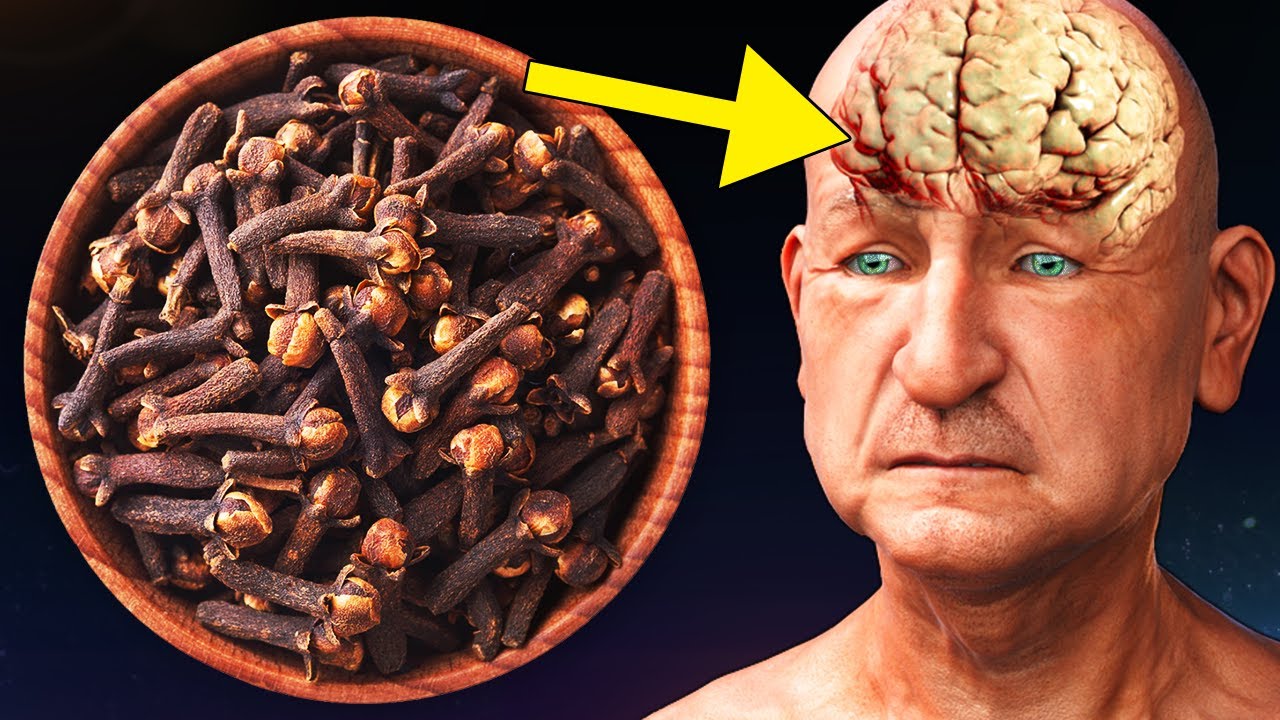
Did you know that colon cancer can be effectively treated if found early? That’s why it’s crucial to be aware of the warning signs and symptoms so you can get help as soon as possible. Let’s take a look at some common indicators to watch out for:
1. Alteration in bowel habits:
Changes in bowel movements, such as incontinence, diarrhea, or constipation, can be typical indicators of colon cancer. While these symptoms can also be signs of other conditions, it’s important to be aware of them and consult your doctor if they persist.
2. Stool with blood:
If you notice blood in your stools, it may indicate colon cancer. While there can be various reasons for bleeding in the digestive tract, it’s essential to rule out any serious issues by seeking medical attention.
3. Undiagnosed anemia:
Colon cancer can cause undiagnosed anemia, resulting in fatigue, sluggishness, and shortness of breath. If you experience these symptoms and find that resting doesn’t help, consult your doctor.
4. Swelling or pain in the abdomen or pelvis:
Abdominal or pelvic pain, bloating, or cramps could be symptoms of colon cancer. It’s important to note that these symptoms can also be associated with other illnesses, but it’s worth getting checked out if they persist.
5. Unexplained weight loss:
If you experience unexpected weight loss, it could be a potential indicator of colon cancer. Cancer cells can deplete your body’s energy reserves, leading to weight loss.
6. Vomiting:
While not a typical symptom of colon cancer, frequent vomiting can occur in advanced stages of the condition. If you develop this symptom, it’s crucial to see your doctor promptly.
Remember, colon cancer can sometimes exist without any symptoms, which is why routine screenings are essential. The most common screening test is a colonoscopy, a quick procedure that allows doctors to examine your large intestine. Other methods, such as blood testing and DNA stool tests, may also be available.
Since the risk of colorectal cancer increases with age, screenings should ideally begin around 45. If you have a family history of colon and rectal cancer, it’s advisable to consult your doctor about starting screenings earlier. Other risk factors include a history of inflammatory bowel disease or diabetes, black ancestry, leading a sedentary lifestyle, consuming large amounts of alcohol, having a high-fat, low-fiber diet, smoking, and obesity.
Remember, everyone has a chance of developing colon cancer, regardless of risk factors or family history. However, the prognosis for those who receive quick treatment is optimistic. Early detection through screenings has proven to save lives. Stay vigilant, be aware of the warning signs, and take charge of your health.




